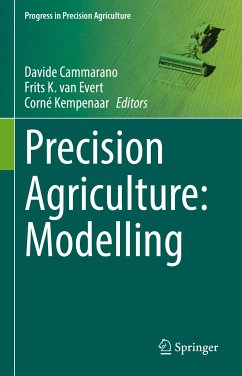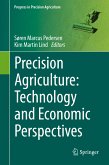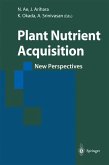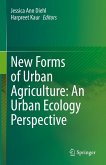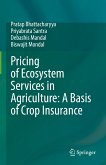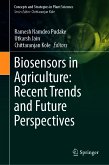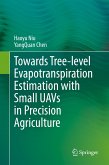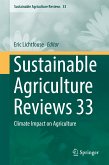This book describes how models are used to monitor crops and soils in precision agriculture, and how they are used to support farmers' decisions. The introductory section starts with an overview of precision agriculture from the early days of yield monitoring in the 1980s to the present, with a focus on the role of models. The section continues with descriptions of the different kinds of models and the opportunities for their application in precision agriculture. The section concludes with a chapter on socio-economic drivers and obstacles to the adoption of precision agriculture technologies. The middle section of the book explores the state-of-the-art in modeling for precision agriculture. Individual chapters focus on the major processes in precision agriculture: water use, nitrogen and other amendments, as well as weeds, pests and diseases. The final section contains a series of short chapters that each describe a commercial, model-based service that is currently available to farmers. The book aims to provide useful information to graduate-level professionals that want to broaden their knowledge of precision agriculture; to scientists who want to learn about using academic knowledge in practical farming; and to farmers, farm consultants and extension workers who want to increase their understanding of the science behind some of the commercial software available to the farming community.
Dieser Download kann aus rechtlichen Gründen nur mit Rechnungsadresse in A, B, BG, CY, CZ, D, DK, EW, E, FIN, F, GR, HR, H, IRL, I, LT, L, LR, M, NL, PL, P, R, S, SLO, SK ausgeliefert werden.

